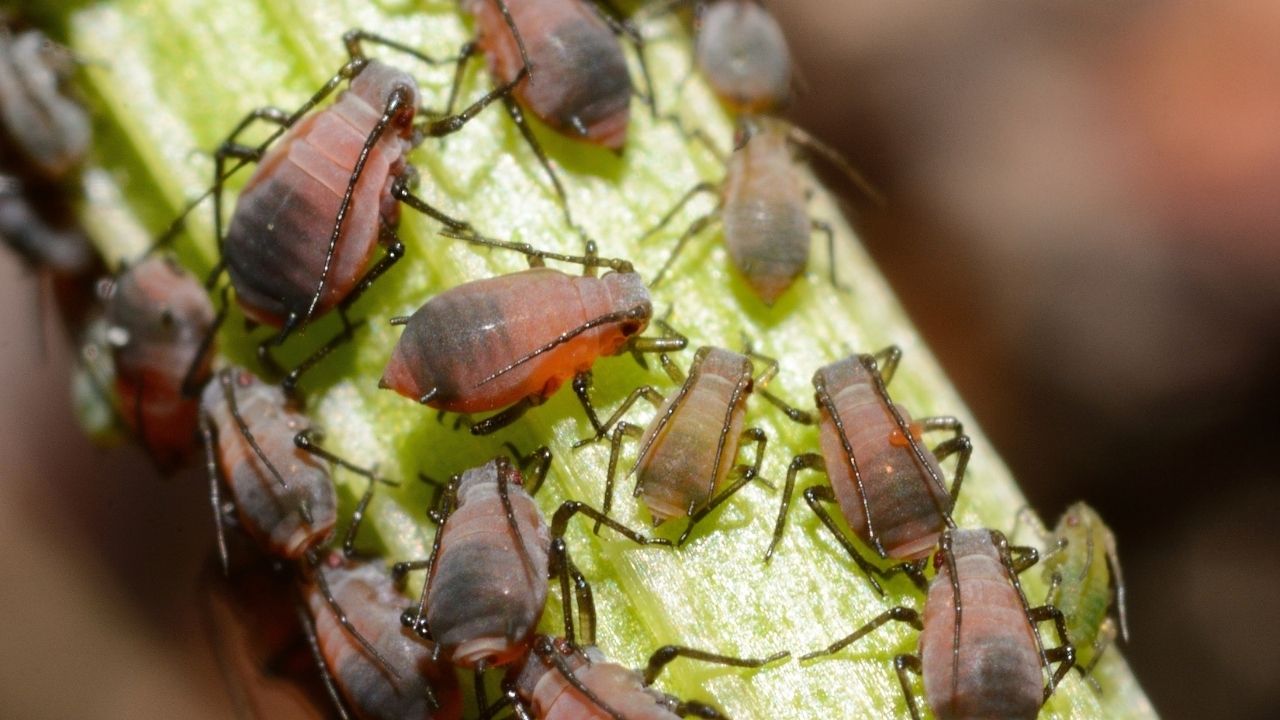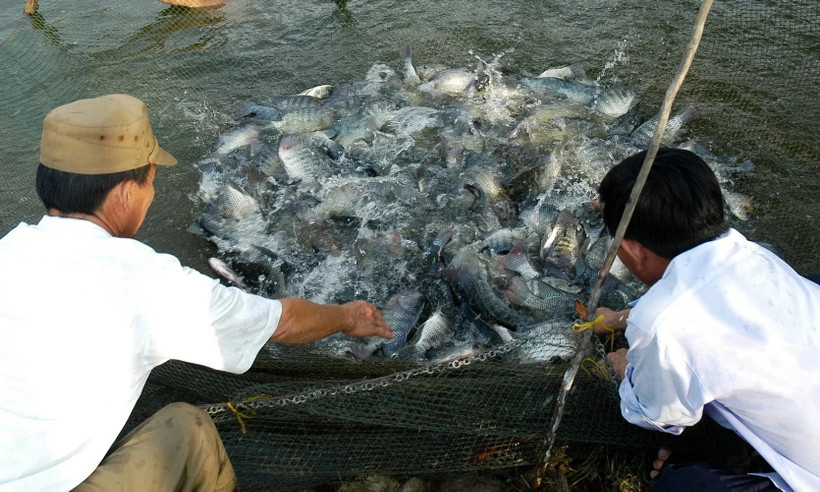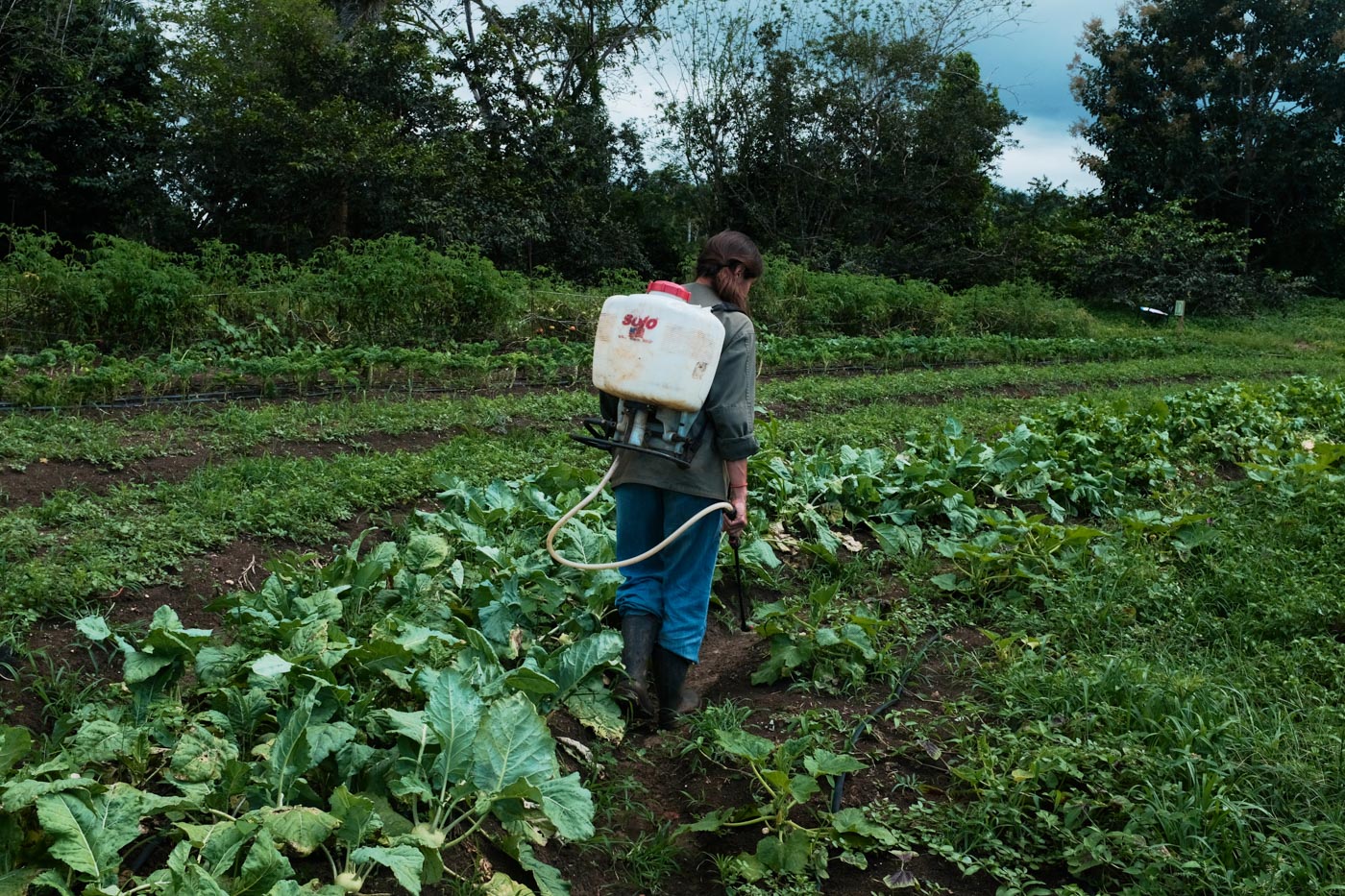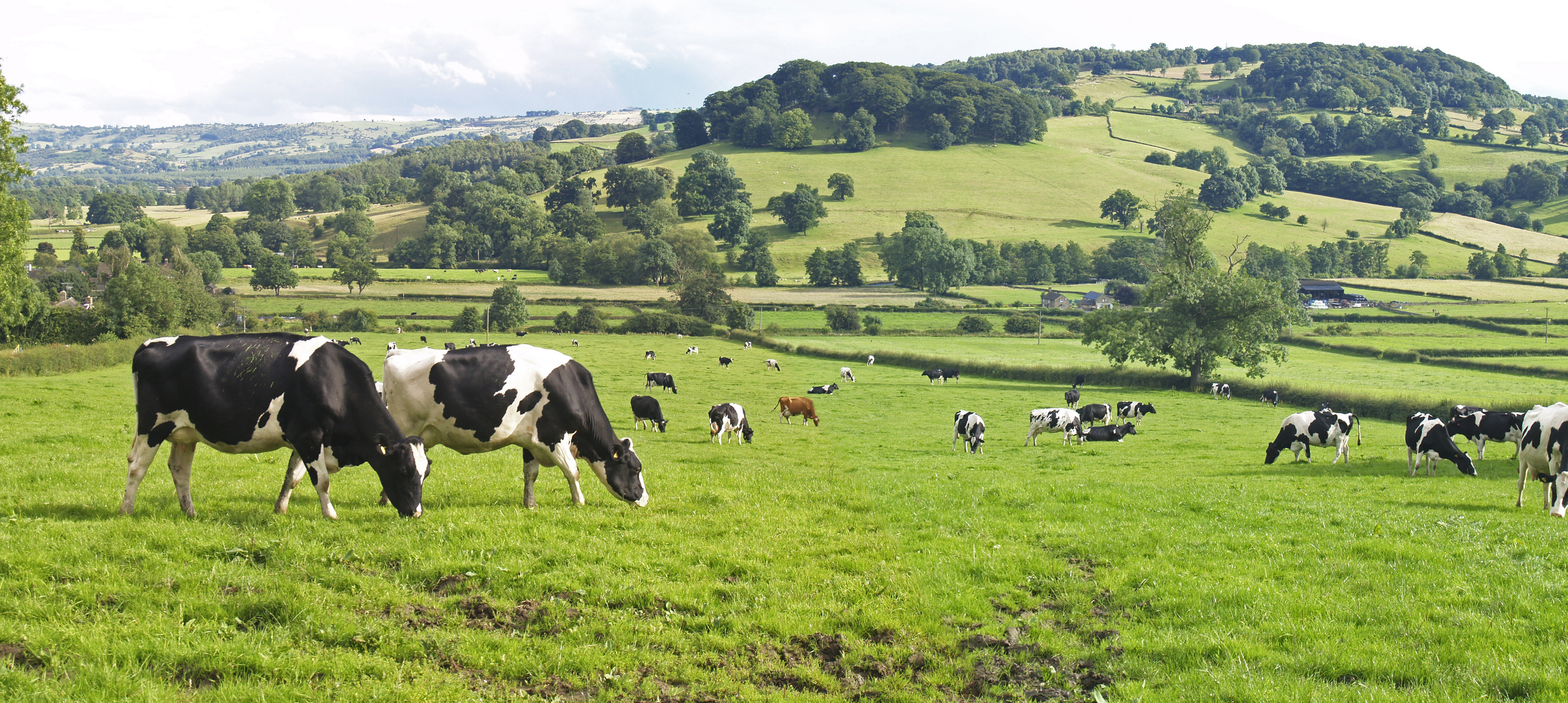Australian grain growers will benefit from improved pest management strategies with the commencement of two new research projects focusing on beneficial insects (beneficials) in canola.
The Grains Research and Development Corporation (GRDC) investments are being led by Australia’s national science agency CSIRO and Cesar Australia and represent a collective investment of more than $12 million into understanding of the impact of beneficial invertebrates such as ladybeetles, lacewings, spiders, carabids, predatory mites and parasitic wasps in canola.
Canola is subject to attack by at least 30 species of invertebrate pests, although this can vary between grain growing regions. Over the last decade, the average annual loss from invertebrate pests in canola – using the management strategies available – was estimated to be $54 million.
GRDC crop protection manager west, Georgia Megirian, says sustainable production of canola requires integrated pest management (IPM).
“Cultural practices and biological control are important aspects of IPM. Chemical interventions should be reserved as a last resort, applied only when necessary to prevent pests from reaching economically harmful levels,” Ms Megirian says.
“To date, synthetic insecticides have served as the primary means of controlling pests in canola within broadacre agriculture. Relying solely on this single method could escalate the risk of developing pesticide resistance and potentially harm the natural enemies of these pests.
“These new investments focus on enhancing the activity of beneficials in canola pests, addressing critical challenges such as market access, chemical regulation and the increasing threat of insecticide resistance in canola production.”
The five-year, $9.7 million project Minimising damage of invertebrate pests in canola through a better understanding of the impact of beneficial insects – also known as Canola Allies – will be led by CSIRO with support from New South Wales Department of Primary Industries (NSW DPI), the South Australian Research and Development Institute (SARDI), the Western Australian Department of Primary Industries and Regional Development (DPIRD) and Murdoch University.
CSIRO Principal Research Scientist Dr Sarina Macfadyen says beneficials could be instrumental in suppressing a range of pest populations and reducing the frequency and extent of damaging pest outbreaks.
“Globally about 35 per cent of crops are lost to pre-harvest pests (weeds, disease and invertebrate pests) even with the use of pesticides. Specific crop loss data for Australian systems is scarce but we know the threat posed by invertebrate pests changes across the season, year, location and crop type,” Dr Macfadyen says.
“Australian canola producers have an amazing diversity of beneficials on their properties and in the broader landscape (and also for purchase from companies like Biological Services and Bugs for Bugs) which could be used more strategically to reduce crop losses. But to achieve this requires some new knowledge, practices, and tools to integrate beneficials into farming operations.
“The Canola Allies project is designed to uncover new insights into the ecology and management of beneficials in Australia’s canola growing regions. It focuses on understanding their effects on key canola pests and developing tailored practices to conserve and enhance their populations.”
Additionally, a four-year, $2.2 million project Assessing the ecological and economic benefits of controlling aphid pests of canola with parasitoid wasps will be led by Cesar Australia in partnership with Biological Services, Bugs for Bugs, Crop Capsules and the University of Melbourne.
This project aims to provide canola growers and advisers with evidence-based guidelines for integrating beneficial insects into their pest management practices. It specifically focuses on the strategic release of aphid parasitoid wasps to manage aphid populations effectively, potentially reducing or eliminating the reliance on pesticides.
Cesar Australia research scientist Dr Luis Mata says the project was aimed at gathering crucial information to bolster growers’ confidence in incorporating beneficial insects into their pest management strategies.
“Based on our consultations with industry experts and researchers, a critical question emerges: ‘If I use beneficial insects to manage pest X, what level of pest suppression can I anticipate, and how will it affect my crop?’,” Dr Mata says.
“This project is designed to evaluate the effectiveness of aphid parasitoid wasps in managing aphid infestations without the use of insecticides. It will also compare the results with the pest control levels achieved through conventional approaches, such as the application of broad-spectrum insecticides.
“Through field-based research, the project will assess the biological, ecological and economic advantages of leveraging natural enemies for pest control. Importantly, the findings will be translated into practical, feasible, and economically beneficial management strategies and tools tailored for Australia’s grains industry.”
Both projects are now underway, with results anticipated to be available to Australian growers starting from 2027.
Source - https://www.en.krishakjagat.org













